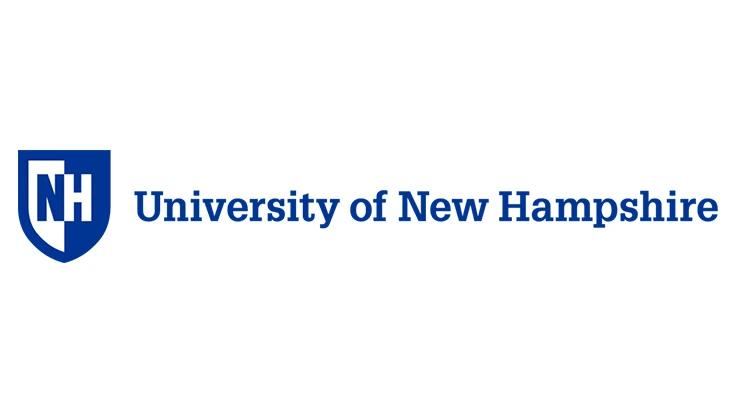
DURHAM, N.H. – According to a press release, University of New Hampshire scientists have received $1.5 million in federal grants as part of an effort to better understand the physiology and genetics of these soil microbes, how human activity is altering them, and the implications for the global climate.
Two researchers supported by the NH Agricultural Experiment Station, Serita Frey and Stuart Grandy, have received grants from the U.S. Department of Energy (DOE) and the U.S. Department of Agriculture (USDA) to understand the genes that underlie how soil microorganisms use carbon. The DOE grant is part of a $2 million project led by the University of Massachusetts-Amherst, while the USDA grant is part of a $2 million project led by Virginia Tech.
“Soils breathe just like humans breathe—that is, soil microbes take in oxygen and release carbon dioxide and other gases into the atmosphere. Soil microbes add 10 times more carbon dioxide to the atmosphere than fossil fuel emissions on an annual basis. However, under natural conditions this microbial release of carbon dioxide is balanced by plant uptake —microbes release carbon dioxide and plants take that up through photosynthesis. When humans disturb soil—through agricultural activities or climate change—soil microbes can add excess carbon dioxide into the atmosphere” said Frey, professor of natural resources.
Globally surface soils have lost 25 to 50 percent of their carbon over the last 100 to 125 years during the period of intensive cultivation globally. This carbon is now in the atmosphere as carbon dioxide. According to Frey, more effective soil management could reverse some of this loss by altering microbial processes to restore some of this soil carbon.
“We’re interested in understanding the factors that control microbial respiration—what causes them to lose more carbon dioxide to the atmosphere versus what activities might do that in reverse, reducing the amount of carbon dioxide in the atmosphere,” Frey said, noting that there are about 200 billion microbes in a handful of soil.
Incorporating these microbial processes into models allows scientists to evaluate the soil management practices that can restore soil carbon globally, said Grandy, associate professor of natural resources. Modeling is a key feature of these grants, allowing Frey and Grandy to assess the broader implications of variation in soil microbial communities.
In addition to funding the research, these grants will support several graduate and postdoctoral researchers, laboratory technicians, and undergraduates working in the Frey and Grandy labs. These grants are directly related to Frey and Grandy’s funding from the NH Agricultural Experiment Station and builds on their current experiment station grants.
“Agricultural experiment station funding was critical in leveraging funding for these new projects,” Frey said.
Latest from Garden Center
- How to cultivate connections with vendors
- The Growth Industry Episode 3: Across the Pond with Neville Stein
- From drab to fab: How garden centers can sell more drought tolerant plants
- Trends: Proven Winners 2025 perennial survey shows strong demand
- Online registration opens for 2025 Farwest Show
- Retail Revival: Cultivating sustainability at independent garden centers
- Rhododendron renaissance: Holden Forests & Gardens using research to improve commercial plants
- Boxed in: 2025 Axiom Gardening Outlook Study explores big box vs IGCs





